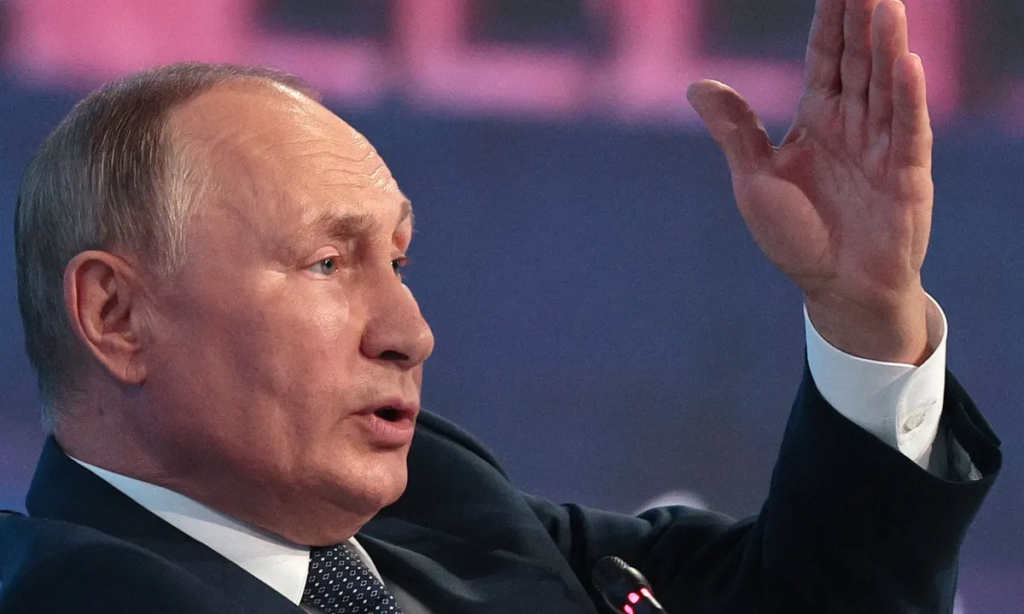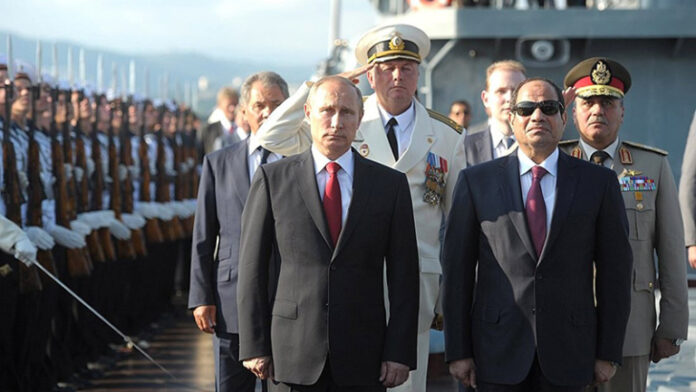In a bid to mitigate the looming global food crisis, Egyptian President Abdel Fattah al-Sisi has urgently called upon Russian President Vladimir Putin to revive the crucial grain deal between Russia and Ukraine. The deal, which allowed Ukraine to export grain through Russian ports, was terminated by Russia, triggering a series of events that exacerbated food supply challenges in vulnerable African nations.
Egypt, a significant buyer of grain via the Black Sea route, is particularly susceptible to fluctuations in global food prices. With Russia withdrawing from the grain deal and bombarding Ukrainian ports and depots, thousands of tonnes of grain were destroyed, further exacerbating the crisis. The situation raised concerns about shortages and escalated food prices in Middle Eastern and African countries that heavily relied on Ukrainian grain imports.
President Putin justified Russia’s decision to terminate the deal, claiming that the West had failed to uphold its end of the agreement. In response, he offered to supply six African countries, including Burkina Faso, Zimbabwe, Mali, Somalia, Central African Republic, and Eritrea, with 25-50,000 tonnes of free Russian grain each over the next few months. While some of these nations were Russian allies, the humanitarian crisis in Somalia prompted additional assistance.

The Ukraine grain deal, brokered by Turkey and the UN in July 2022, was instrumental in facilitating cargo ships’ movement along a designated corridor in the Black Sea. This allowed for the transport of 20 million tonnes of grain for export. Ukraine, as one of the world’s major suppliers of crops like sunflower oil, barley, maize, and wheat, played a vital role in global food supply chains.
During the summit, African leaders urged President Putin to consider a peace plan proposed to end the conflict resulting from Russia’s invasion of Ukraine. The plan sought to recognize the sovereignty of both Russia and Ukraine, initiate urgent peace talks, and ensure unimpeded grain exports. Although President Putin stated that Moscow was reviewing the plan, Ukrainian President Volodymyr Zelensky rejected any proposal that would leave Russia in control of the seized territories.
President Putin attributed rising food prices to Western policy mistakes predating the war with Ukraine. He emphasized that Russia was ready to offer its grain as a measure to avert a global food crisis, implying that the previous grain deal had not adequately addressed the needs of the poorest nations.
Amidst mounting concerns over food security and international tensions, the global community closely watches the developments in Russia, Ukraine, and Egypt. The urgent quest to find a viable solution and restore stability to grain exports continues as nations strive to alleviate the impacts of the food crisis on the most vulnerable populations around the world.





